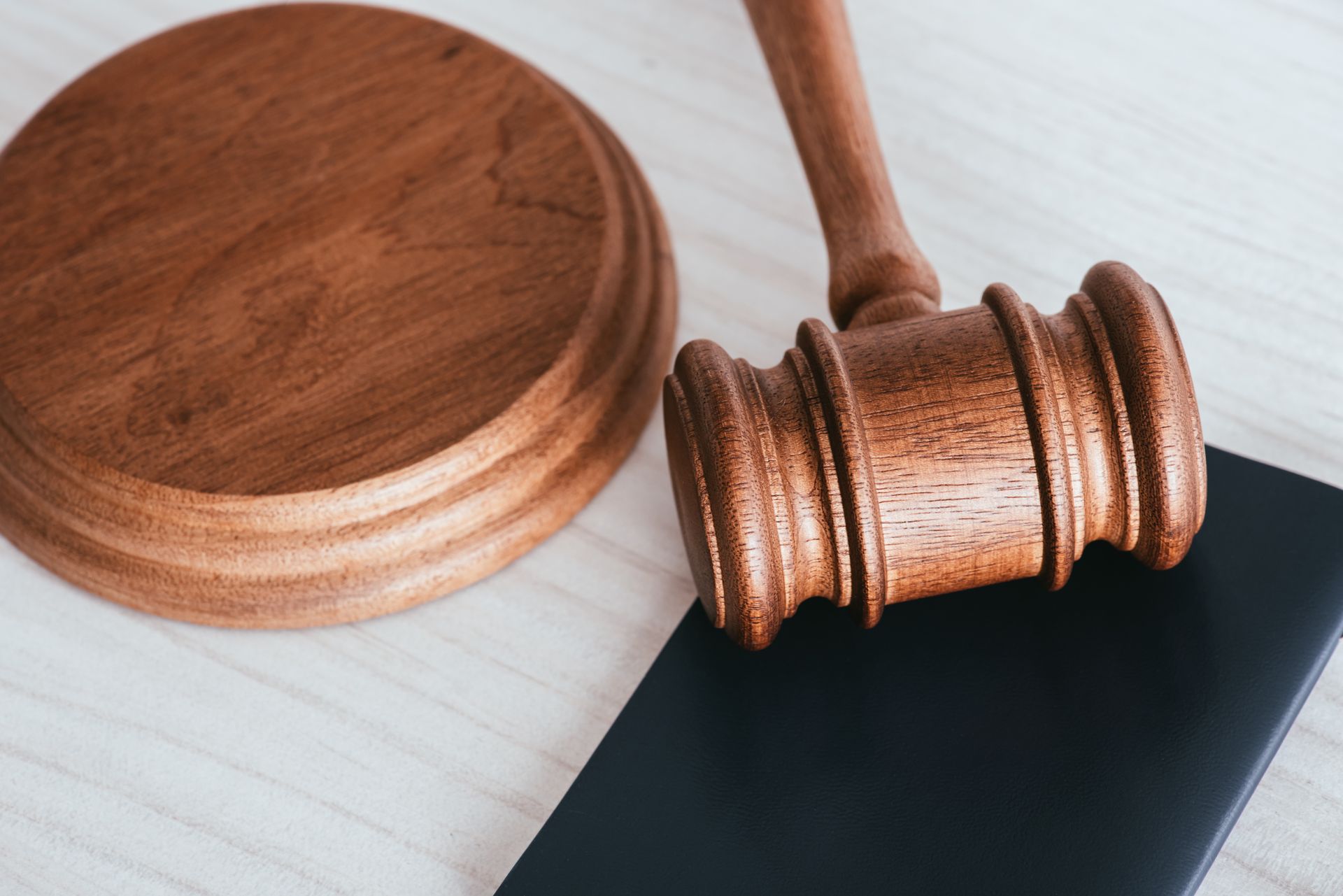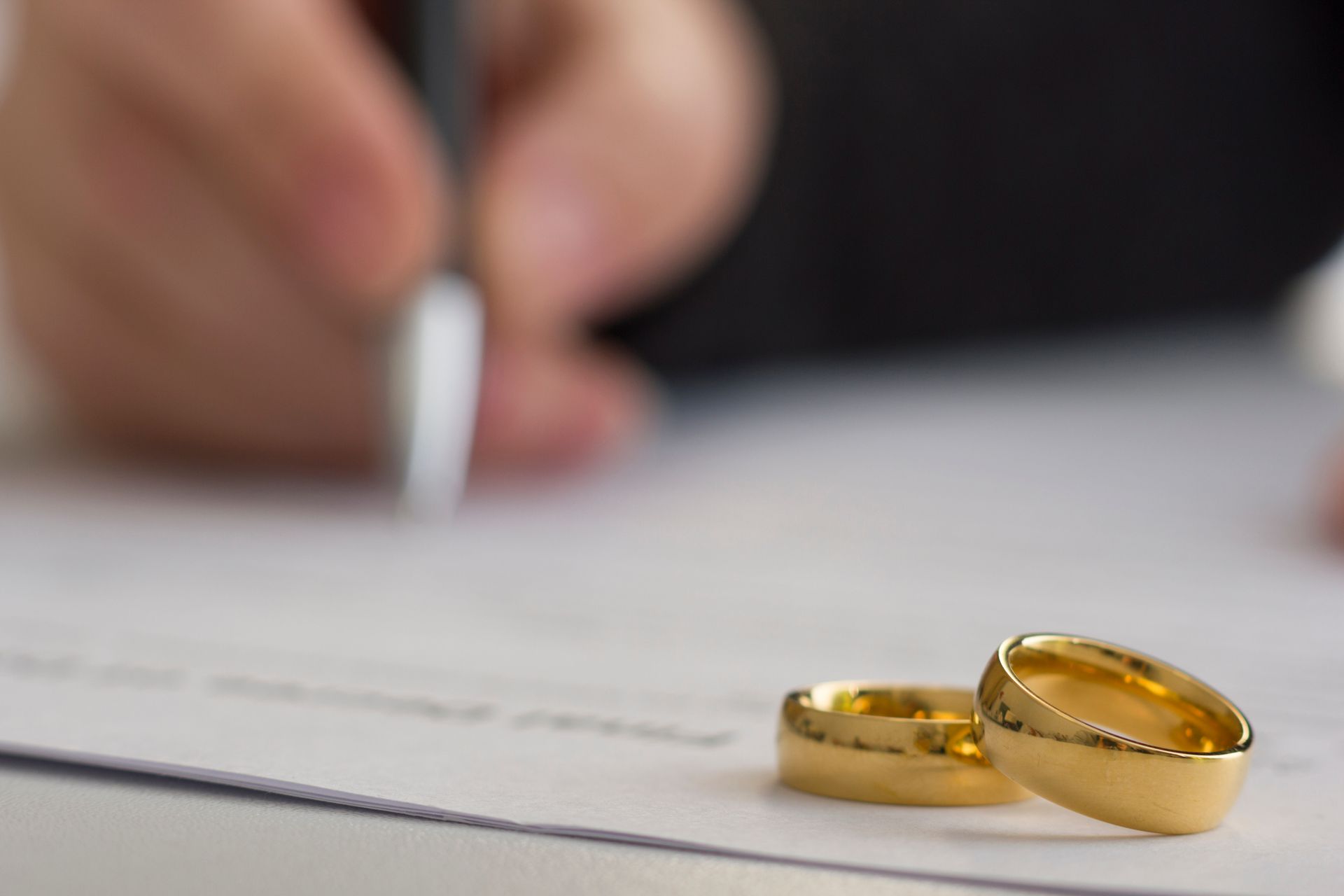What to Do in the First 72 Hours of a Dog Bite
What to Do in the First 72 Hours of a Dog Bite
Dog bites can lead to serious injuries and complications. Whether it’s a pet, a stray, or a dog you're unfamiliar with, it’s critical to respond swiftly and properly after an incident. The first 72 hours following a dog bite are crucial for both your health and any potential legal actions. This guide provides you with essential steps to follow during this critical period to ensure you receive the proper care and have the best chance at securing compensation, if necessary.
1. Get Medical Attention Immediately
The first priority after a dog bite is to seek immediate medical care. Even if the bite seems minor, it's important to have a healthcare professional assess the wound. Dog bites can lead to infections, including rabies and tetanus. A doctor will clean the wound, check for signs of infection, and possibly administer a tetanus shot or other necessary treatments. Timely medical attention reduces the risk of severe complications.
2. Report the Bite to Local Authorities
After receiving medical treatment, report the dog bite to local authorities. Contact animal control or law enforcement to document the attack. This step is essential to determine the dog’s vaccination status and whether it poses a risk to others. A formal report helps establish an official record of the incident, which can be important for any future legal claims.
3. Identify the Dog and Its Owner
If you haven’t already done so, gather as much information as possible about the dog that bit you. Identify the breed, color, and size, and make note of any distinguishing features. If the dog was on a leash or under the control of an owner, obtain the owner’s contact details. This information is vital for tracking the dog’s history and vaccination records, and it can be essential for your case if you pursue a claim.
4. Document the Injury
Document your injury thoroughly. Take photos of the wound immediately after the incident, and continue to take pictures as it heals. Keeping a record of your injuries, including pain and suffering, will help your legal team assess the full scope of the damages. You should also track any medical expenses, missed work, and other costs incurred due to the bite.
5. Monitor for Signs of Infection or Complications
In the first 72 hours, be vigilant about monitoring the bite for signs of infection. Redness, swelling, increased pain, or pus can indicate that the wound is not healing properly. Symptoms like fever or chills may also point to a more severe infection. If any of these symptoms occur, seek further medical care immediately.
6. Consult a Personal Injury Attorney
If the dog bite was caused by the negligence of the dog’s owner, it’s important to consult with a personal injury attorney. A lawyer can help determine if you have a legal case and guide you through the process of seeking compensation. In New York, dog bite cases often involve proving negligence and an attorney can assess the details of your case to help you decide the best course of action.
The first 72 hours after a dog bite are critical for your health and legal case. By seeking medical attention, documenting the injury, and reporting the incident to the proper authorities, you set yourself up for the best possible outcome. If you believe the dog’s owner may be responsible, consult a personal injury attorney to help you take the necessary steps to protect your rights. The team at Sayegh & Sayegh, P.C. is here to assist you with any legal questions and to help you pursue the compensation you deserve.










